Why digital privacy
matters
>>See stories of how digital privacy (or the lack of it) has impacted the lives of real people seeking reproductive care.

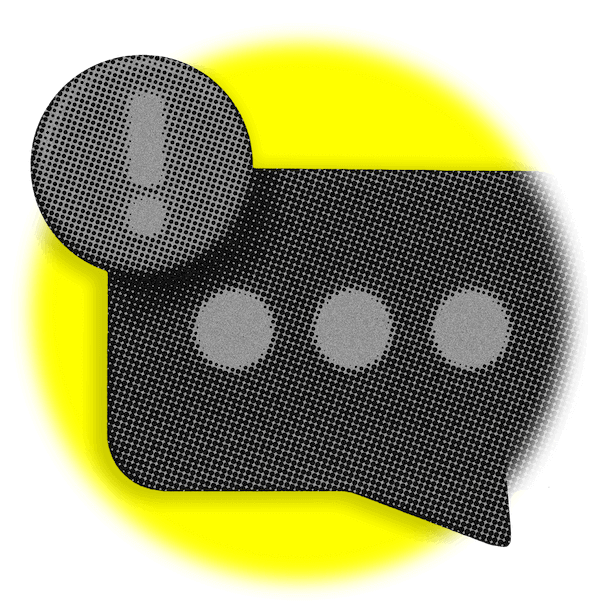
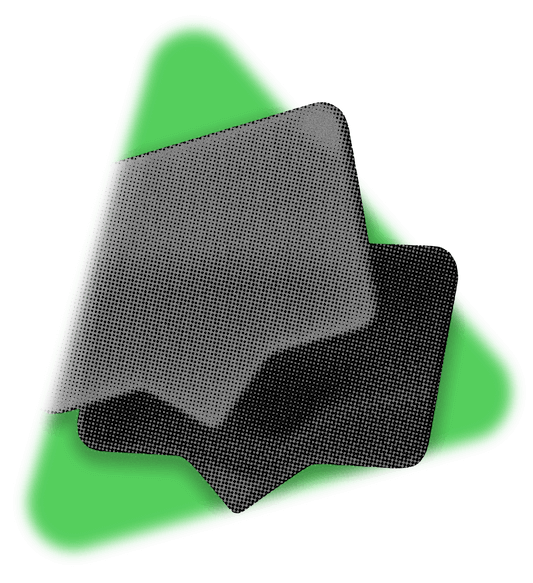


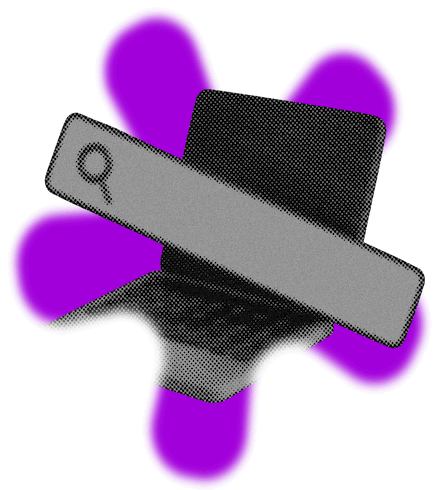


>>Advocate Stories
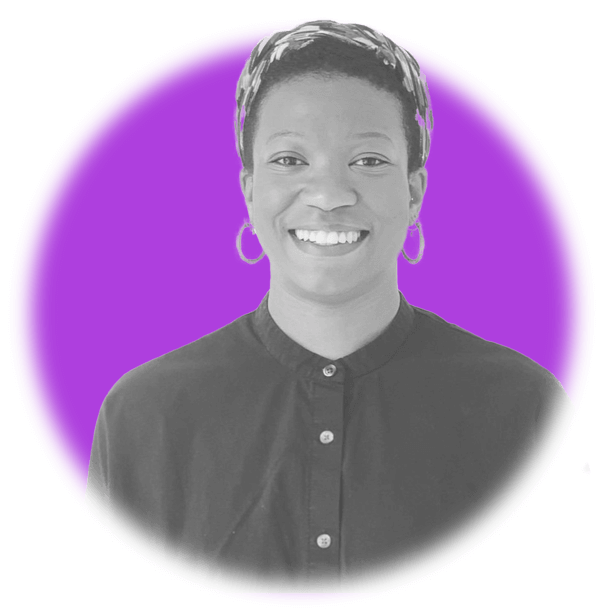

Zachi on providing emotional support over the phone to people seeking abortion
For many of us, there's a rainbow of emotions around our abortions. So, following my own abortion experience, I founded Dopo, an abortion care and education community for women, trans and non-binary people to provide a space to support each other through that range of emotions.
At Dopo, I co-lead training for other abortion doulas, teaching them to provide physical, emotional, and spiritual abortion support in their communities before, during, and after abortions.
Providing this service worldwide means offering support in settings where societal opinions around abortion vary. For a range of reasons, people want to keep their conversations with me private, so it's a balance between offering support to people in a way that feels accessible and protecting the privacy of me and my clients.
Care can take many forms. In one case, I had a client who only wanted to communicate via WhatsApp — which meant signposting them to another organization who was able to support. We need simple tools and guidance to share with clients like these, to teach them to use secure, encrypted communications tools and disappearing messages, if they'd like to communicate via text. I can't wait to share these tips with them.
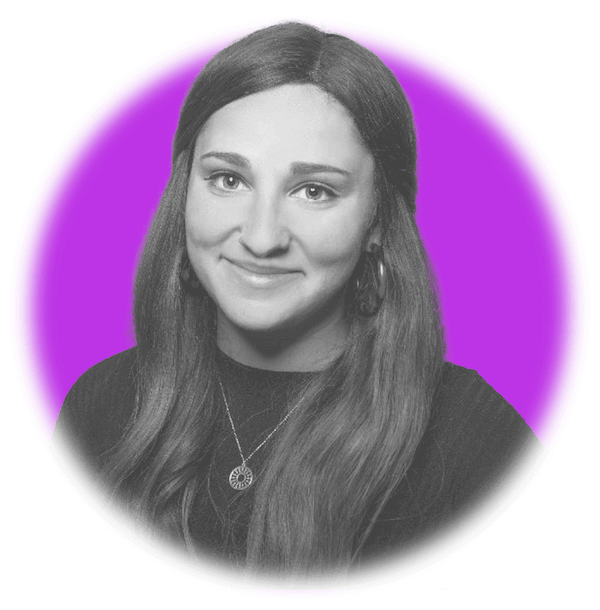

Carly on supporting medication abortions (abortions with pills) in the United States
Medical abortion pills can be safely self-administered with access to the right products and support. That's where abortion doulas can help — I work to connect clients with medical abortion pills, answer their questions about the process and provide physical, emotional, and spiritual support along the way.
In Los Angeles, where I'm based, this work is permitted but, in many others, abortion is criminalized. This means that there have been cases of people facing prosecution after facing miscarriages, because they’ve searched for information on their reproductive options, including abortion. It's never been more important that we're aware of our digital footprints and how they can be used against us, whether by controlling partners or by the authorities.
I've needed to be aware of my digital privacy for a while. In 2021, I co-created a book explaining abortion care to young people - which resulted in online harassment and threatening messages. These online threats prompted me to begin using encrypted communication services to protect my digital privacy. In America, we need all the help we can get to protect those seeking, providing, and supporting this essential healthcare.
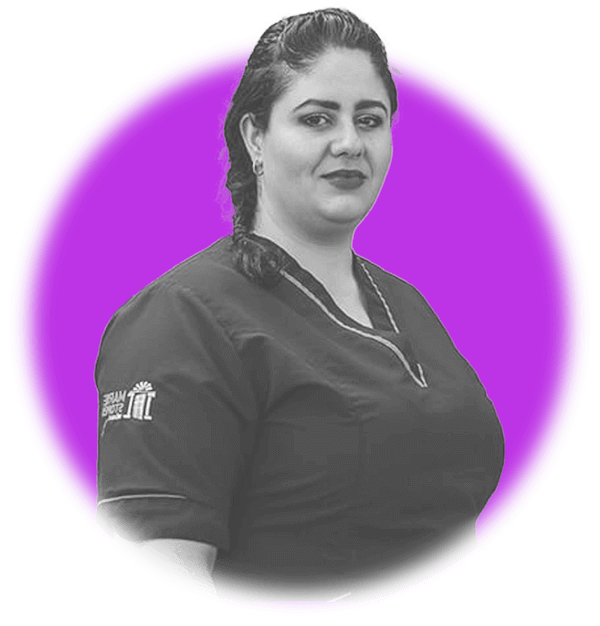

Dr Susana on resisting anti-choice misinformation in Mexico
In Mexico, abortion was decriminalized in 2021, but the anti-choice movement is still attempting to block access to healthcare. Both outside of our clinics and online, these groups pose as abortion services, or use intimidation tactics, targeting those seeking care.
I've met women who have searched for abortion services online but were diverted to fake clinics. These clinics claim to offer abortion services, but instead spread misinformation to dissuade people from accessing healthcare. Some women end up proceeding with their pregnancy, not because they changed their mind, but because they were scared out of their decision by lies and disturbing imagery - none of which was factual.
I always ask myself - how many more women are choosing to have an abortion alone, without support, because they're scared of these people and their judgment?
I believe it's everyone's right to access accurate information on their reproductive health and choices. With the tools and knowledge to find this information safely online, we can support women, trans men, and non-binary people to exercise that right freely and in private.
Share the Vagina Privacy Network tips
Privacy guidance developed in partnership with Eva Galperin, Director of Cybersecurity, Electronic Frontier
Foundation
![]()
We’re not tracking your visit to this website. If you’d like to remove this website from your browser search history, follow these steps
Apps and services recommended in privacy guidance not directly affiliated with the Vagina Privacy Network or MSI
Reproductive Choices.
Privacy policy

